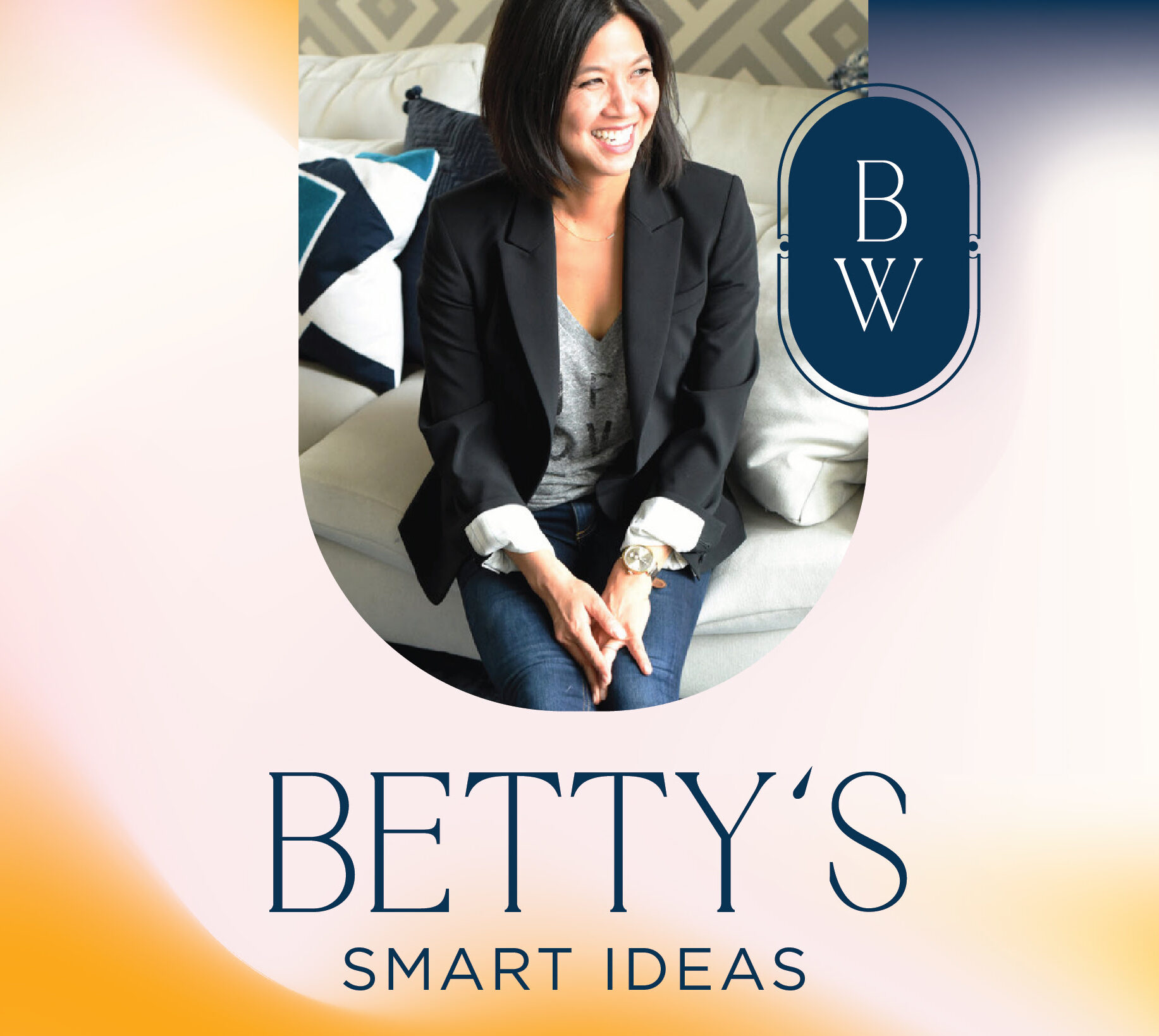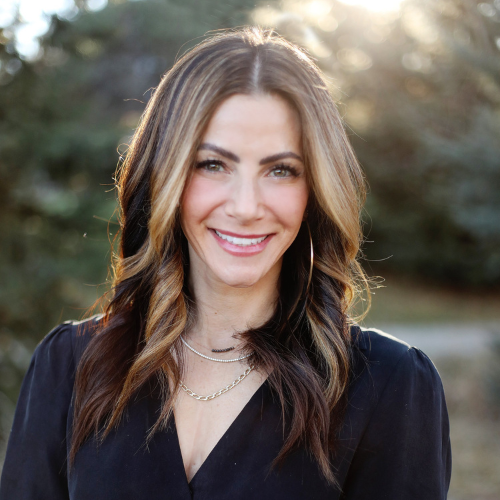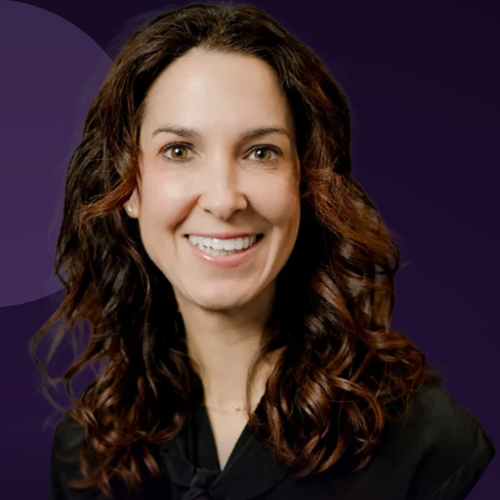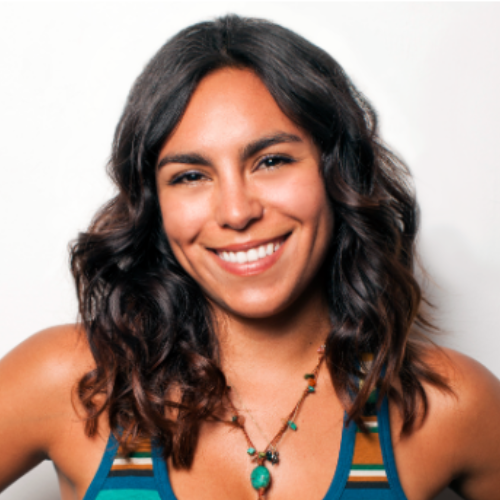Resources & guidance to help you
make the most of your money
Have any questions or topics you want some perspective on?
Submit your questions here.

Featured Post
First, I hope this post finds you and your loved ones safe and well. With the terrible state of affairs in the Ukraine, it’s personally been a reminder of how blessed I am to do what I love with people I truly care about and to have the freedom to do so! War is unpredictable. […]
Read more

The Strategic Art of Saying No We’re almost officially past the halfway point of 2025, and if you’re anything like the women I work with, you’re probably looking at your calendar wondering how it got so full—again. Summer was supposed to be different this year. More breathing room, actual time off, maybe even guilt-free afternoons […]

EPISODE OVERVIEW: Ever wonder what makes some young people bounce back from setbacks while others get stuck? Betty dives deep with Jennifer Andrews, a youth resilience coach who’s cracking the code on helping kids and teens develop unshakeable inner strength. In this powerful conversation, Jennifer reveals what resilience coaching really is (and why it’s not […]

Finding Myself in the Pages and the Screen As we close out Asian American and Pacific Islander Heritage Month, I find myself reflecting on the stories that have shaped both my personal identity and professional journey. Growing up, I treasured books and movies where I could see myself in the protagonist—Asian women carving their own […]

EPISODE OVERVIEW: Board-certified dermatologist Dr. Samantha Stoler from About Skin Dermatology shines light on essential skin health practices in this must-hear episode. Dr. Stoler demystifies skin cancers and sunscreen options, revealing why daily protection and regular skin checks aren’t just recommendations—they’re necessities. Tune in for expert insights that could save your skin and potentially your […]

In today’s volatile markets, it’s easy to feel adrift on unpredictable economic currents. But remember this: while we can’t control market fluctuations, we can control our response to them. Now is the perfect time to recommit to your financial plan and examine your spending habits through the lens of mindfulness. Before each purchase, pause and […]

EPISODE OVERVIEW: During this eye-opening conversation, double board-certified functional nutritionist and herbalist Yvonne Montoya Matthews reveals game-changing strategies for women experiencing perimenopause and menopause. Betty Wang explores how personalized nutrition can transform hormonal health. Discover science-backed approaches to navigate this transition while feeling your best, as two experts break down complex nutritional science into actionable […]